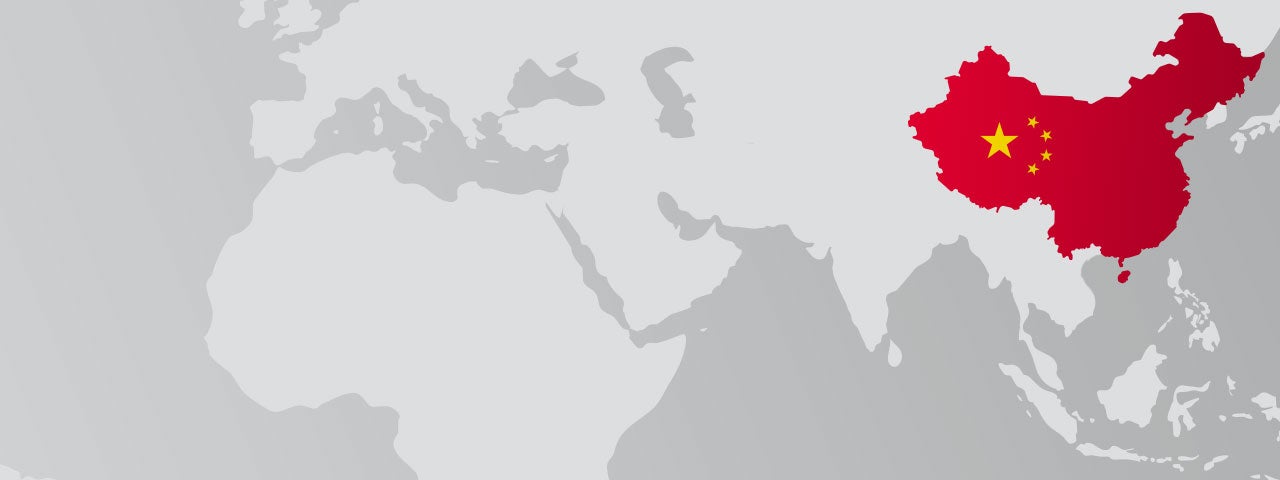Beijing travel restricted to tackle the 'extremely severe' situation
It has been reported that, as a jump in virus cases hits Beijing, millions of people in the city are living under renewed restrictions. 31 cases were reported on Wednesday, bringing the total to 137 in the past week. Previously, the Chinese capital had gone 57 days without a locally-transmitted case.
“The epidemic situation in the capital is extremely severe,” Beijing city spokesman Xu Hejian warned at a press conference. “Right now we have to take strict measures to stop the spread of Covid-19.”
As the additional cases emerged, travel from the city was halted and its schools and universities closed and ordered to resume online classes. Residents have been told to avoid “non-essential” travel out of the capital and anyone entering or leaving Beijing will be tested for Covid-19. Indoor sports and entertainment venues have been shut, libraries, museums, art galleries and parks must now limit capacity and companies have been told to encourage working from home,
The outbreak has been traced to the Xinfadi wholesale food market in south-west Beijing’s Fengtai district. This market handles thousands of tonnes of food every day and has been visited by more than 200,000 people since the 30th of May.
Authorities have classed at least 27 neighbourhoods as ‘medium risk’ with one neighbourhood near the market, as ‘high risk’. People in medium- or high-risk areas cannot leave the city. For people wishing to leave low-risk neighbourhoods, a negative result on a Covid-19 test is needed first. However, getting a test is difficult as the limited testing capacity is being diverted to ‘high risk’ groups.
Residents have been urged to live as normally as possible by taking extra precautions. Authorities have limited lockdown measures to specific neighbourhoods to encourage normality, however, cities across China have warned they would quarantine arrivals from the capital.
Many provinces have implemented regulations requiring persons returning from Beijing to undergo some form of quarantine with Shanghai announcing that all arrivals from medium– and high-risk areas will have to go through 14 days of isolation.
Some long-distance bus routes connecting Beijing and other provinces have been suspended, more than 1,200 flights have been cancelled to and from the city and railway services have been reduced until at least the 9th of July. This means that, currently, it's not easy to leave Beijing and if a test has not been carried out on an individual in the past week, a departure from the capital is not allowed.
The outbreak is the most significant in China since February. In Beijing, measures were among the strictest in the country, and any new cases of the virus had come from Chinese nationals returning from abroad.
The World Health Organization’s emergencies director, Mike Ryan, said: “A cluster like this is a concern and it needs to be investigated and controlled, and that is exactly what the Chinese authorities are doing.”
Presently, the Chinese authorities are managing the capital’s districts almost like cities within the city to control the virus. Unlike in February, businesses, government departments and manufacturing are all still running and this is giving the country confidence that the localised outbreak will be contained before it becomes a full-blown second wave.
Click here to find out more information on global travel restrictions.

 It has been reported that, as a jump in virus cases hits Beijing, millions of people in the city are living under renewed restrictions. 31 cases were reported on Wednesday, bringing the total to 137 in the past week. Previously, the Chinese capital had gone 57 days without a locally-transmitted case.
It has been reported that, as a jump in virus cases hits Beijing, millions of people in the city are living under renewed restrictions. 31 cases were reported on Wednesday, bringing the total to 137 in the past week. Previously, the Chinese capital had gone 57 days without a locally-transmitted case.

